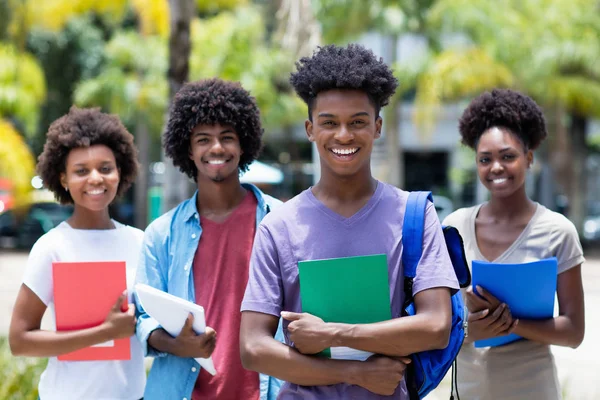The Power of Experiential Learning: Enhancing Education Through Real-World Experiences
In the ever-evolving landscape of education, traditional classroom-based learning is being complemented—and in many cases, augmented—by experiential learning opportunities. Experiential learning, which emphasizes hands-on, real-world experiences, offers students the chance to apply theoretical knowledge in practical settings, fostering deeper understanding, critical thinking, and skill development. In this article, we’ll explore the power of experiential learning and its impact on education in the USA.
What is Experiential Learning?
Experiential learning is an educational approach that emphasizes learning through experience, reflection, and application. Unlike traditional classroom instruction, which often focuses on lectures, readings, and assessments, experiential learning places students in real-world contexts where they can actively engage with course material, solve problems, and apply theoretical concepts in practical settings. Experiential learning takes many forms, including internships, co-op programs, service-learning projects, field trips, simulations, and hands-on activities.
Fostering Deeper Understanding
One of the key benefits of experiential learning is its ability to foster deeper understanding and retention of course material. By engaging in hands-on activities and real-world projects, students can see the practical relevance of what they’re learning in the classroom and how it applies to their future careers or academic pursuits. Experiential learning encourages students to connect theoretical concepts with real-world applications, leading to a more holistic and meaningful understanding of the subject matter.
Developing Critical Thinking and Problem-Solving Skills
Experiential learning promotes the development of critical thinking and problem-solving skills by challenging students to think creatively, analyze complex situations, and develop innovative solutions. Through hands-on experiences and real-world challenges, students learn to apply analytical reasoning, evaluate evidence, and make informed decisions. Experiential learning encourages students to take risks, learn from failure, and iterate on their ideas, fostering resilience and adaptability in the face of uncertainty.
Building Career Readiness and Employability
Experiential learning plays a crucial role in preparing students for success in the workforce by providing them with practical skills, industry experience, and professional networks. Internships, co-op programs, and service-learning projects offer students the opportunity to gain hands-on experience in their chosen field, develop valuable technical and soft skills, and build relationships with potential employers. Experiential learning also helps students explore different career paths, clarify their goals, and make informed decisions about their future.
Promoting Civic Engagement and Social Responsibility
Experiential learning extends beyond the classroom to promote civic engagement and social responsibility among students. Service-learning projects, community service initiatives, and volunteer opportunities allow students to apply their skills and knowledge to address real-world issues and make a positive impact in their communities. Experiential learning encourages students to develop empathy, cultural competence, and a sense of social responsibility, fostering a commitment to social justice and equity.
Enhancing Diversity and Inclusion
Experiential learning promotes diversity and inclusion by providing students from diverse backgrounds with equal opportunities to participate and succeed. Experiential learning experiences such as internships, field trips, and study abroad programs expose students to different cultures, perspectives, and ways of life, fostering cross-cultural understanding and appreciation. Experiential learning also helps break down barriers to access and participation, ensuring that all students have the opportunity to benefit from hands-on learning experiences.
Conclusion
In conclusion, experiential learning offers a powerful way to enhance education by providing students with hands-on, real-world experiences that foster deeper understanding, critical thinking, and skill development. By engaging in internships, co-op programs, service-learning projects, and other experiential learning opportunities, students can apply theoretical knowledge in practical settings, develop valuable skills, and prepare for success in the workforce and beyond. As educators continue to embrace experiential learning as a pedagogical approach, they can empower students to become lifelong learners, critical thinkers, and active contributors to society.
